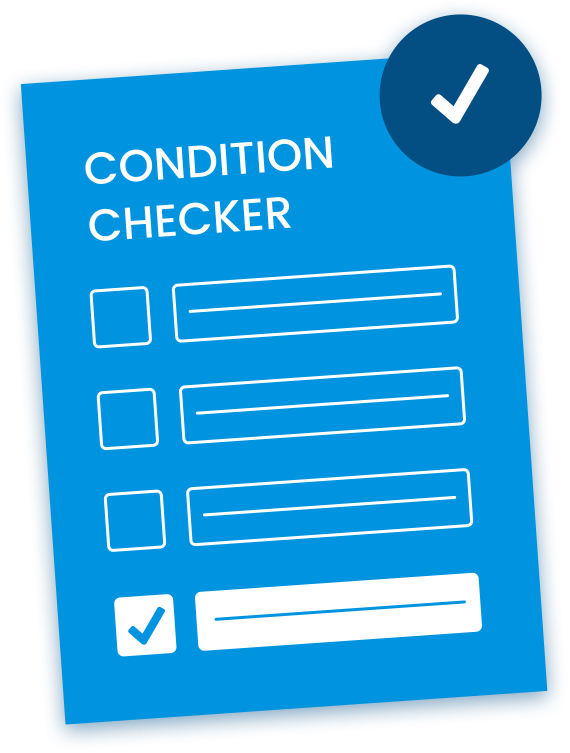Frozen Shoulder
Find out which possible conditions you may be suffering from by trying our 2-min Guided Pain Assessment Form!





Frozen shoulder, also known as adhesive capsulitis, occurs when the ligaments of the shoulder joint capsule stiffen or lock up. In effect, this causes the ball and socket joint of the shoulder to “freeze,” restricting arm movement and generating pain.
Your shoulder is a sophisticated joint. It provides the meeting point for 3 important bones: your upper arm (or humerus), your collarbone (or clavicle), and your shoulder blade (or scapula). The spherical head of your humerus (aka the “ball”) butts up against a shallow divot in your shoulder blade (aka the “socket”). Because this divot in the shoulder blade is known as the glenoid cavity, doctors sometimes refer to this joint as the Glenohumeral Joint (GHJ).
In addition, an intertwining system of muscles, ligaments, and tendons work as a team to reinforce your GHJ. Whereas the muscles and tendons form an important structure known as your rotator cuff, the ligaments create a loose casing. Known as the shoulder capsule, this moveable sheath encapsulates and protects your GHJ.
If the connective tissue that forms your shoulder capsule stiffens–whether from injury, age, or disease–adhesions can form. These bands of scar tissue can coil around your shoulder capsule, “freezing” or limiting arm movement and producing dull pain. In addition, the synovial fluid that coats your joints may begin to dry up. Because this fluid serves to reduce friction as the bones of your joint create movement, arthritic changes may occur.
You may be at an increased risk of developing frozen shoulder if you fall into any of the following groups:
Do you have the symptoms of frozen shoulder? Contact our board-certified orthopedic surgeons to receive a free MRI consultation–and get your life back!

Find your condition with our 2-minute Condition Checker.
If you have frozen shoulder, then your symptoms will likely appear in 3 distinct phases:
In addition to the stages presented above, patients with frozen shoulder often report experiencing the following symptoms:
Do these symptoms sound a little too familiar? To find out if you have frozen shoulder, contact one of our joint and orthopedic experts today! Our doctors specialize in pain management techniques, conservative treatments, and surgical interventions for shoulder pain!

Discover which treatment options are right for you with our Treatment Finder.
If you have frozen shoulder, then your doctor will begin by prescribing conservative (or non-surgical) treatments. For instance:
If these interventions do not produce the intended results, then your doctor will likely recommend surgery. Surgical treatment options for frozen shoulder include:
Do you have frozen shoulder? If so, then you need an orthopedic surgeon who specializes in pain management and arthroscopic shoulder release. To restore your quality of life today, contact our shoulder specialists at New Jersey Spine & Ortho! Our doctors are ready to help you get your life back!

Determine your eligibility with our Candidacy Verification.
CONTACT
Phone: 855.586.2615
Current Clients: 855.706.1011
NJ Spine and Orthopedic is dedicated to delivering minimally invasive laser spine surgeries to eliminate the pain, discomfort, and dysfunction of numerous conditions of the neck and back.
OVERVIEW
LOCATIONS
Copyright © 2025 NJ Spine & Orthopedic
Notifications